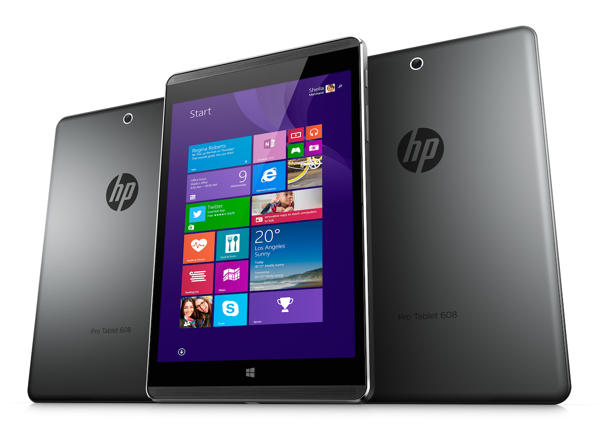Global tablet market dives in second quarter says IDC

Vendors begin to refocus their product lines and consumers hold off on purchases
The worldwide tablet market declined over 12 percent in the second quarter, according to analyst IDC.
Global tablet shipments, inclusive of slates and detachables, reached 38.7 million in the second quarter of 2016 (2Q16), a year-on-year decline of 12.3 percent, “as vendors begin to refocus their product lines and consumers hold off on purchases”, said the analyst.
 An overwhelming majority of tablets shipped this past quarter were Android-based systems (65 percent) followed by Apple iOS, which captured 26 percent, and Windows for the remaining share.
An overwhelming majority of tablets shipped this past quarter were Android-based systems (65 percent) followed by Apple iOS, which captured 26 percent, and Windows for the remaining share.
Though this trend has been constant for years, said IDC, there are “early signs of change” as the Android vendor list has contracted and champions of the OS have begun to offer Windows-based products, “hedging” against the decline of Android slates.
“The market has spoken as consumers and enterprises seek more productive form factors and operating systems – it’s the reason we’re seeing continued growth in detachables,” said Jitesh Ubrani, an analyst at IDC.
“At present, it’s difficult for Android to compete with iOS or Windows detachable products. However, the next 12 to 18 months will be very interesting as Google launches the next version of Android with better multi-tasking support, and as they begin to bring together their two operating systems.”
Despite the continued decline in slates, the form factor still accounts for over three-quarters of the market.
“While growth in the detachable category is undeniable, slates continue to represent the vast majority of the segment. Vendors like Amazon, with a very focused approach to positioning, price and purpose, managed to capture a considerable share of the market. Slate sales are declining but they still serve a purpose and will do so for a long time to come,” said fellow IDC analyst Jean Philippe Bouchard.
The top five vendors by the number of shipments in order were Apple (number one), Samsung, Lenovo, Huawei and Amazon.
@AntonySavvas